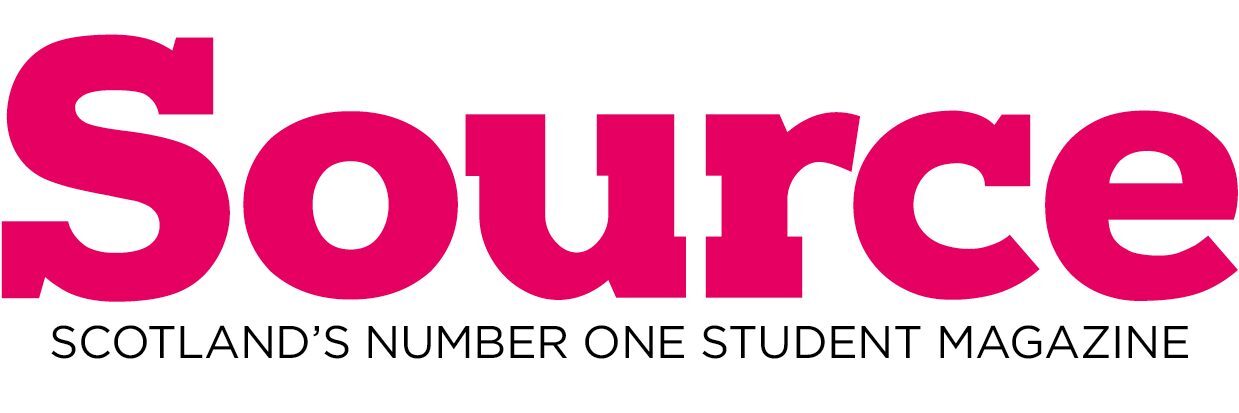Despite what people might say about bankers, the world of finance is a brilliant sector to be working in – and you don’t even have to be great at maths! From high-flying accountants to busy payroll assistants, a future in finance has the potential to be an exciting career choice. Finance is split into different sections, all of which have got positions for school leavers, people with college qualifications and graduates alike. We check out a few…
BANKING
Perhaps the most obvious side to finance, banking is all about helping people manage their money and savings. In a high street bank branch, you could work as a teller or a mortgage adviser, or you could work in customer service or complaints handling in a call centre – all of which you can do straight from school with the right grades. With college, uni or in-house training, you could be a branch manager or you could work in head office in things like mergers and acquisitions (dealing with the sale or takeover of companies), economics (predicting UK and foreign economic performance), both of which would require a degree.
Lots of banks offer training programmes too. As well as graduate programmes, many have programmes for school leavers designed to help you find where you would fit in the world of banking. RBS’s Accelerate scheme sees you go through a series of different placements over two years, where you’ll pick up some professional qualifications along the way. At the end of the course, you can apply for a full-time job with the company. Find out more at www.jobs.rbs.com/accelerate.
ACCOUNTANCY
In accountancy, you’re keeping a close eye on a business or individual’s finances. You could be dealing with organisations large and small, assessing their financial situation. There’s also forensic accounts, sniffing out signs of fraud and money laundering or you could work in tax, sorting out tax bills for people and businesses. Accountants are needed across every single sector, from local government to record labels to energy providers.
To work in accounts, you could go to university for a BSc in Accounts and Finance too – Strathclyde’s course is ranked fourth in the UK, with Glasgow Uni at number 10, so there are plenty of opportunities right on our doorstep. You don’t have to go to uni however – there are lots of apprenticeships and training programmes available too. Scotland’s colleges offer great courses which would take you into the sector or onto a professionally-accredited course. With an HND in Accounts, you could go onto study an ACCA (Association of Chartered Certified Accountants) Foundation and Professional qualification at Perth College.
INSURANCE AND INVESTMENT
Insurance is another big area, and could mean big money. Insurance can cover anything, from cars to homes, even insurance against terrorist attacks. There are hundreds of different roles, from claims management to assessing clients’ eligibility for different insurance products as an underwriter.
If you’ve got a real head for numbers, investment is another great area to be in. Companies and individuals use investments companies to find different places to invest their money to help them make more back on it. You could be working as a trader, a financial adviser, a fund administrator or a risk analyst or manager, calculating the risk involved in different investments.
And then there’s actuaries – when you’re fully-qualified, you can be earning a whopping £100,000 a year! This highly specific form of maths relates to insurance and investment. It’s all about predicting what will happen to a company’s financial situation – and there’s not a crystal ball in sight! You can study actuarial maths and statistics at Herriot Watt Uni in Edinburgh. Find out more at www.actuaries.org.uk.
AND MORE…
All organisations will require financial support in some way, whether it’s in their payroll department, book keeping or chasing up clients who owe money. If you’ve got a mind for numbers, you can go straight from school right into a payroll job, figuring out the salaries in a company each month, or take an apprenticeship in book keeping, managing the ins and outs of a company’s spending.
Of course, it’s not all number-crunching – financial firms and departments need people to manage their staff, personal assistants to handle incoming calls and admin tasks, human resources professionals to hire incoming staff, lawyers to help them if they do run into trouble and IT staff to handle the computers that keep the financial sector running smoothly. Even if numbers aren’t your thing, there could still be a place for you.
If you like a challenge and like the idea of managing other people’s cash with the potential to make pots of it yourself, finance could be the place for you. So go on – take the risk! Check out the web addresses below to get more information on all of these roles and more…
MORE INFO…
Directions (Financial Skills Partnership)
www.directions.org.ukRe:think – Working in financial services
rethink.skillsdevelopmentscotland.co.uk

